Virginia Mason Medical Center
Residents are primarily based at our downtown Seattle hospital, but also operate in at Federal Way and Bellevue Surgery Centers
Residents are primarily based at our downtown Seattle hospital, but also operate in at Federal Way and Bellevue Surgery Centers
Downtown Seattle (Main)
The medical center is located in the First Hill neighborhood of Seattle. Surgical care at Virginia Mason is performed with a multidisciplinary team of specialists and has employed over 470 physicians. We have a total of 336 inpatient beds and 34 operating rooms. Our clinic is located on the 6th floor of Buck Pavilion. Main campus is where residents spend the majority of their residency as part of the general, thoracic, and vascular surgery department.
Federal Way
This campus offers outpatient general surgery to patients who live south of Seattle. Residents will operate once weekly at this branch over 2-3 months during R4 year.
Bellevue
This brand new ambulatory surgery center focuses on outpatient surgical care, where residents gain experience in efficient practice of general surgery procedures, typically during the R2 year.
Residents spend nearly 1 year of the 5 clinical years at Harborview, gaining a robust and unique experience in trauma, critical care, burn, and emergency general surgery.
Harborview Medical Center is the only designated Level I adult and pediatric trauma and verified burn center in the state of Washington. Harborview serves as the regional trauma and burn referral center for Alaska, Montana and Idaho and the disaster preparedness and disaster control hospital for Seattle and King County.
Virginia Mason residents join residents from UW, Swedish, and Madigan on several services and roles throughout their time at Harborview.
Residents spend 2-3 months at Seattle Children's during the R3 year.
Seattle Children’s is among the nation’s best children’s hospitals according to the U.S. News & World Report. It serves as the pediatric and adolescent academic medical center for Washington, Alaska, Montana and Idaho – the largest region of any children’s hospital in the country. Additionally, it is a designated Level I Children’s Surgery Center by the American College of Surgeons. Surgeons at Seattle Children’s treat newborns through young adults with all types of surgical conditions, including GI, hepatobiliary, chest, congenital malformations, and malignancy.
During the R3 year, residents participate in an immersive rural General Surgery experience.
Skagit Valley Hospital serves patients in Skagit, Island and north Snohomish counties and has 137 beds. Residents will spend 2-3 months during the R3 year as a senior general surgery resident for exposure to rural surgery.
During the R5 year, residents spend 2-3 months in a high volume operative General Surgery experience.
St. Michael Medical Center is a busy acute care and elective General Surgery experience for our Chief Residents in Silverdale, WA. Chief residents have a high case volume experience with significant autonomy. In addition, this experience affords the opportunity to understand and experience real-life practice. Teaching faculty and allied health professional support are superb with a combination of open, laparoscopic, and robotic cases.

The Acute Care Surgery (ACS) service at VM is the daily on call general surgery consult service. The ACS team provides the full range of care to patients who are critically ill with acute surgical needs, new patients presenting through the emergency department patients, and patients accepted for transfer to our tertiary referral center.

Virginia Mason has been a designated Bariatric Surgery Center of Excellence since 2006. The resident team on the bariatric surgery service consists of an intern, mid-level resident, and chief resident. Residents learn principles of digestive diseases, benign foregut surgery, abdominal wall hernias, and bariatric surgery, as well as techniques in minimally invasive surgery. Additionally, mid-level residents rotate at the Federal Way clinic with a VM attending for further community bariatric clinical practice opportunities.

Second year residents act as a senior resident on the breast surgery service. The rotation is one of the few rotations in our curriculum that follows an apprenticeship model. The majority of cases are oncologic resections. The resident will learn techniques in oncoplastic surgery. Half of the time during the rotation will be spent in the Breast clinic and multidisciplinary cancer conference, in which the resident will learn valuable principles of a breast mass workup, breast cancer staging and management, and surveillance.

The Regional Burn Center is the only American Burn Association verified burn center in Washington state and serves pediatric and adult patients from across Washington, Alaska, Idaho and Montana. Residents learn principles of airway management, fluid resuscitation, pain management, wound care, and surgical debridement in both critical care and ward settings. General surgeons work closely with plastic surgeons and rehabilitation specialists to help patients recover quickly and also integrate multidisciplinary care including physical and occupational therapists, social workers, specialized nursing staff, psychologists, vocational rehabilitation therapists, dietitians, pharmacists and pediatricians.

Cardiac surgery is a 1 month elective offered to interns. The resident will work closely with the attending surgeons and physician assistants in management of telemetry patients. For those interested in cardiac surgery, electives during senior years may be arranged. Residents gain knowledge and understanding of routine cardiac pathophysiology, indications for treatment and surgical options.

The colorectal surgery service comprises two interns, a mid-level resident, and chief resident. Residents will learn about the disease processes and surgical principles of inflammatory bowel disease, colorectal cancer, anal cancer, rectal prolapse, and benign anorectal disease. Our surgeons are specially trained in minimally invasive procedures (laparoscopic, robotic, minimally invasive and trans-anal). Residents participate in a weekly tumor board and colorectal surgery indications conference.

Residents gain experience in the skills of basic upper endoscopy and colonoscopy, endoscopic biopsy and polypectomy during a one month rotation dedicated to gaining endoscopic skills with the guidance of the gastroenterology team during second year. Residents also participate in educational conferences and monthly GI journal club.

Residents on this service focus on management of benign and malignant neoplasms of the head and neck. Residents learn the indications and techniques of parotidectomy, thyroidectomy, parathyroidectomy, neck dissections, laryngectomy, and tracheostomy as well as free flap harvesting and implantation. Residents participate in weekly tumor board and clinic.

Virginia Mason is a Liver, Pancreas and Biliary Surgical Center of Excellence. We are a high-volume hospital for the surgical treatment of many HPB conditions, especially pancreatic cancer. The hepatobiliary surgery team is split among 3 attendings with 1-2 junior residents, a fourth year resident, chief resident, and HPB surgery fellow. Often times, residents will see patients preoperatively in clinic, participate in their surgical case, and resume care post-operatively, providing continuity of care. There are also many opportunities for general and endocrine operative cases during this rotation. Residents will participate in a weekly multidisciplinary tumor board and HPB indications conference.

Junior residents are the sole surgical support at Virginia Mason during the evening. Interns spend 1-2 months managing all surgical floor patients, which includes urology, ENT, cardiothoracic, transplant, and plastic surgery. Second year surgery residents function to manage SICU patients and triage admits and consults for the evening on call team. Senior residents and surgical attendings are available for assistance on home call.

Residents rotate at Seattle Children’s during their third year in general and thoracic pediatric surgery. Residents work closely with pediatric surgery fellows, attendings, and again University of Washington residents in management of neonatal patients to young adults. There are many opportunities for teaching with weekly participation in didactic lectures and level appropriate cases. At times, there are also critical care opportunities.

Interns rotate on plastic surgery for one month as the sole resident on service. There is a lot of autonomy for interns and plenty of opportunities to refine suturing techniques. Our plastic surgeons assist with flap reconstruction after oncologic procedures, gender reassignment, and cosmetics.

Residents rotate at Skagit Valley Hospital during their third year to gain familiarity and technical competence of common surgical conditions, such as hernias, gallbladder disease, appendicitis, large and small bowel disorders, skin/soft tissue conditions, and anorectal disorders. Residents get a robust operating experience, become more comfortable as a leader/chief of an entire general surgery service, and gain many opportunities for surgical autonomy. This rotation is a unique opportunity to work with VMMC alumni as more than half of the staff attending surgeons had completed residency at our home institution followed by a wide variety of subspecialty fellowship training.

The Intensive Care Unit at Virginia Mason is a closed unit with two teams, the blue team representing the medical ICU team and the green team representing the surgical ICU (SICU) team. Interns will participate in daily SICU multidisciplinary rounds, family meetings, bedside procedures, and communicate plans with the primary surgical team.

Virginia Mason’s Thoracic Surgery Department is the leading esophageal and pulmonary center in the Pacific Northwest, with emphasis on cancer treatment and anti-reflux surgeries. Our surgeons offer a wide variety of surgical procedures, from open thoracotomies and laparotomies to minimally-invasive techniques including advanced laparoscopic, video-assisted surgery and robotic surgery. The team comprises one junior resident, one mid-level resident, and one senior resident, with additional ancillary support from a physician assistant and nurse practitioner.

Second year residents spend one month on transplant surgery. Virginia Mason offers kidney and pancreas transplants, which can be highly variable. Residents will be the primary resident in the operating room during their scheduled month and work closely with the three transplant attendings. Patients are co-managed with the nephrology team, and the surgical resident presents at multidisciplinary transplant rounds, which occur every morning.

Categorical general surgery interns rotate in the Emergency Department at Harborview Medical Center for the trauma bay experience. Residents will be members of the Emergency Department team and assist with initial workup and management of modified and full traumas under the guidance of senior residents. This rotation also provides opportunity for learning the indications and techniques for minor procedures such as laceration repair, central lines, arterial lines, incision and drainage of abscesses, splinting and casting of common closed fractures, initial treatment of pelvic fractures including application of “sheeting” of pelvic fractures, and use of local and simple regional anesthetic techniques.

Second year residents spend 2-3 months in the trauma/surgical intensive care unit at Harborview Medical Center. Residents work closely with surgical intensivists and trauma critical care fellows in management of critically ill patients. Residents take overnight call and learn key principles of critical care medicine, including invasive hemodynamic monitoring, ventilatory management, shock, end of life care, and participate in bedside procedures.

Third and fourth year residents function as the seniors of the trauma surgery service at Harborview. Third year residents are the initial general surgery consultants and normally first to assess most trauma patients. Here, residents learn how to conduct a thorough evaluation and trauma survey, resuscitation and stabilization of potentially unstable trauma and critically ill patients. They will also begin to develop basic skills to safely initiate exploratory laparotomy or resuscitative thoracotomy under emergent conditions and perform many other elective operative procedures under the guidance of critical care trained fellows and attendings. All rotations at HMC allow for frequent interaction and camaraderie with local residents training at University of Washington and Swedish Medical Center.

Virginia Mason’s Vascular Surgery Department offers a full array of endovascular and vascular surgical options, and residents get a robust operative experience. We have one hybrid operating room in Jones Pavilion primarily used by our vascular surgeons. The team is led by a chief resident, one mid-level resident, and 1-2 junior residents. There is also additional support for both inpatient and outpatient needs from a vascular physician assistant and clinical nurse.
Our junior residents enjoy a robust operative experience with our faculty as well as the senior residents.
In their first year, our interns log an average of 180 cases. This number increases to 425 cases by the end of their PGY-2 year which surpasses the expectation set by the American Board of Surgery (minimum of 250).
Our graduating chief residents exceed all the minimum requirements for case numbers established by the ABS as well as the subcategory requirements from the Review Committee for Surgery with over 1200 total major cases.
In fact, we remain consistently above the 80th percentile nationally for many procedures including head and neck, breast biopsy, gastrectomy, choledochoenterostomy, Whipple, peripheral vascular, venous disease, pediatric hernia, major plastic reconstruction, and open trauma exploration.
We maintain an even higher case volume in the 90th percentile nationally for esophagectomy, antireflux surgery, thoracotomy, hiatal hernia repair, lung resection, radical neck dissection, breast reconstruction, small bowel repair, colectomy with pouch reconstruction, open cholecystectomy, endovascular aneurysm, peripheral endarterectomy, and liver resection.
Our chief residents graduate with an amazing breadth and depth of surgical cases that prepares them well for surgical practice or fellowship training beyond residency. Their foundation is strong and equips them with the tools and skills necessary for a successful career in surgery in whatever environment they choose to practice.
The residents at Virginia Mason develop surgical expertise and gain an impressive clinical and operative experience during their 5 years.
Virginia Mason is a tertiary care specialty hospital with referrals from the entire Pacific Northwest area and Alaska. Our specialty surgical services have been designed to be smaller so the entire team can function cohesively, providing excellent training as well as extraordinary patient care.
We thoughtfully balance the inpatient load with the outpatient clinic and the operating room experience. Since our services have a comparatively low daily inpatient census, all residents are able to spend time engaged in a variety of learning environments outside of the inpatient ward.
We are proud to serve our community, and most patients in the outpatient setting are seen by residents in conjunction with our experienced faculty.
The clinic experience is paramount to surgical education as it enables residents to learn how to appropriately evaluate and manage all surgical conditions. It also allows for the continuity of care for patients as they progress through their surgical journey which enhances the surgeon-patient relationship.
These experiences create a sense of fulfillment and satisfaction which continually drives our commitment to patient care.
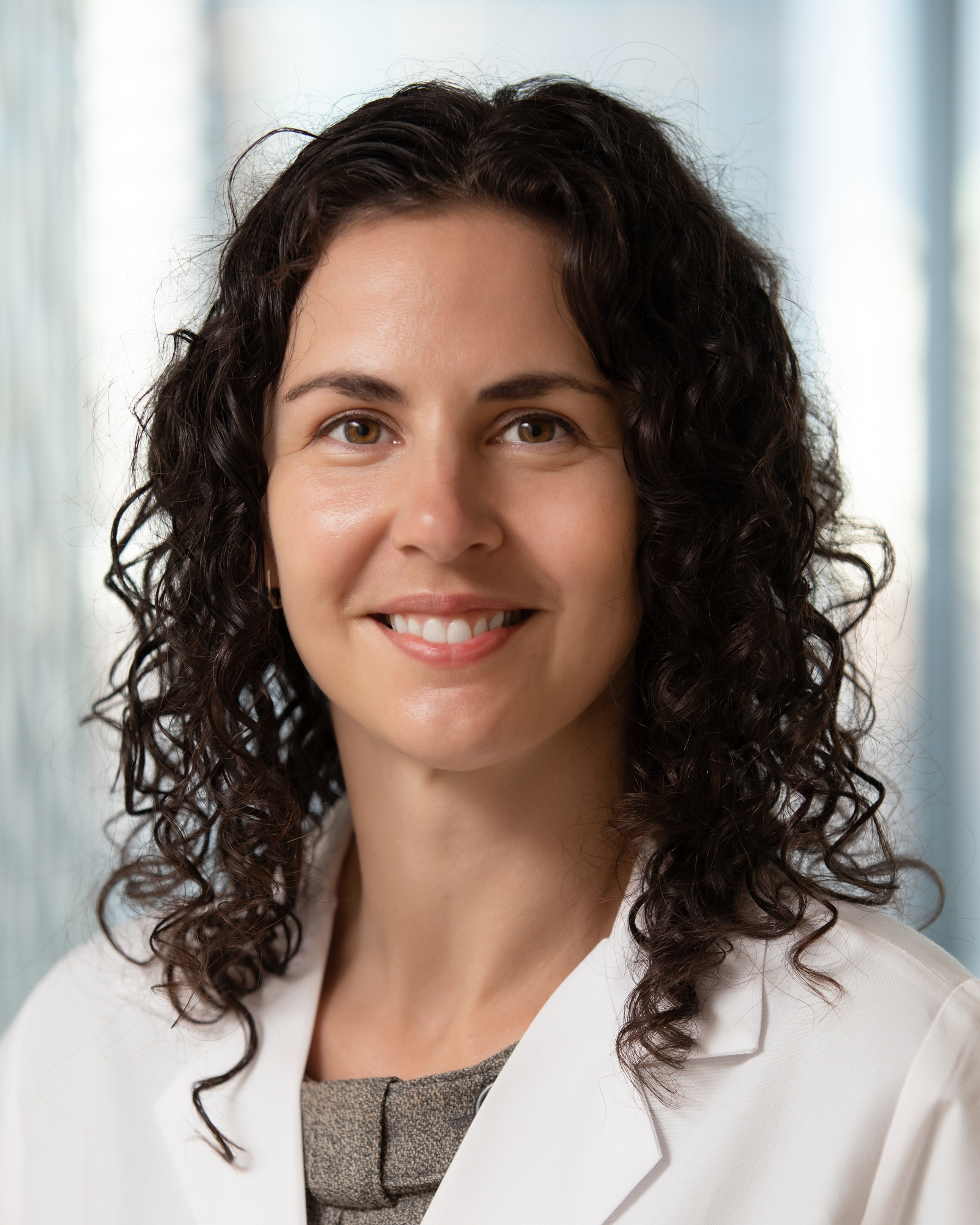
Otolaryngology-Head & Neck Surgery
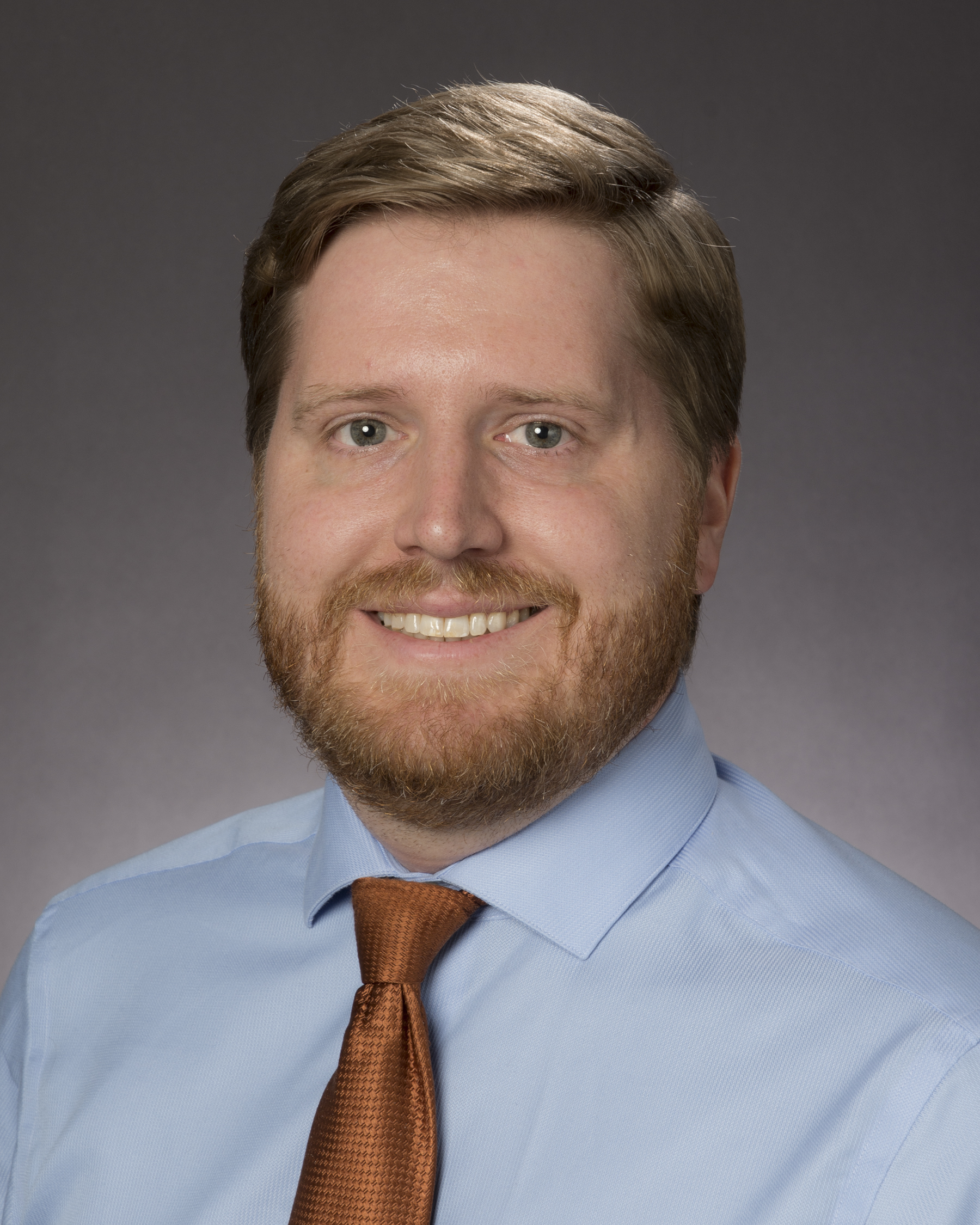
Vascular Surgery
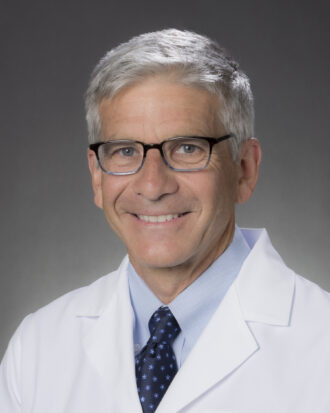
General & HPB Surgery
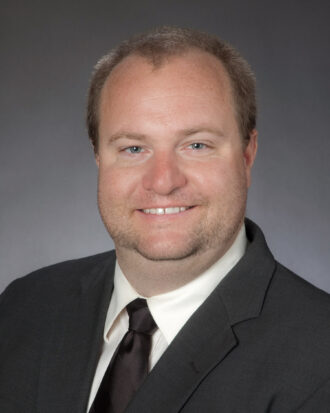
General & Transplant Surgery
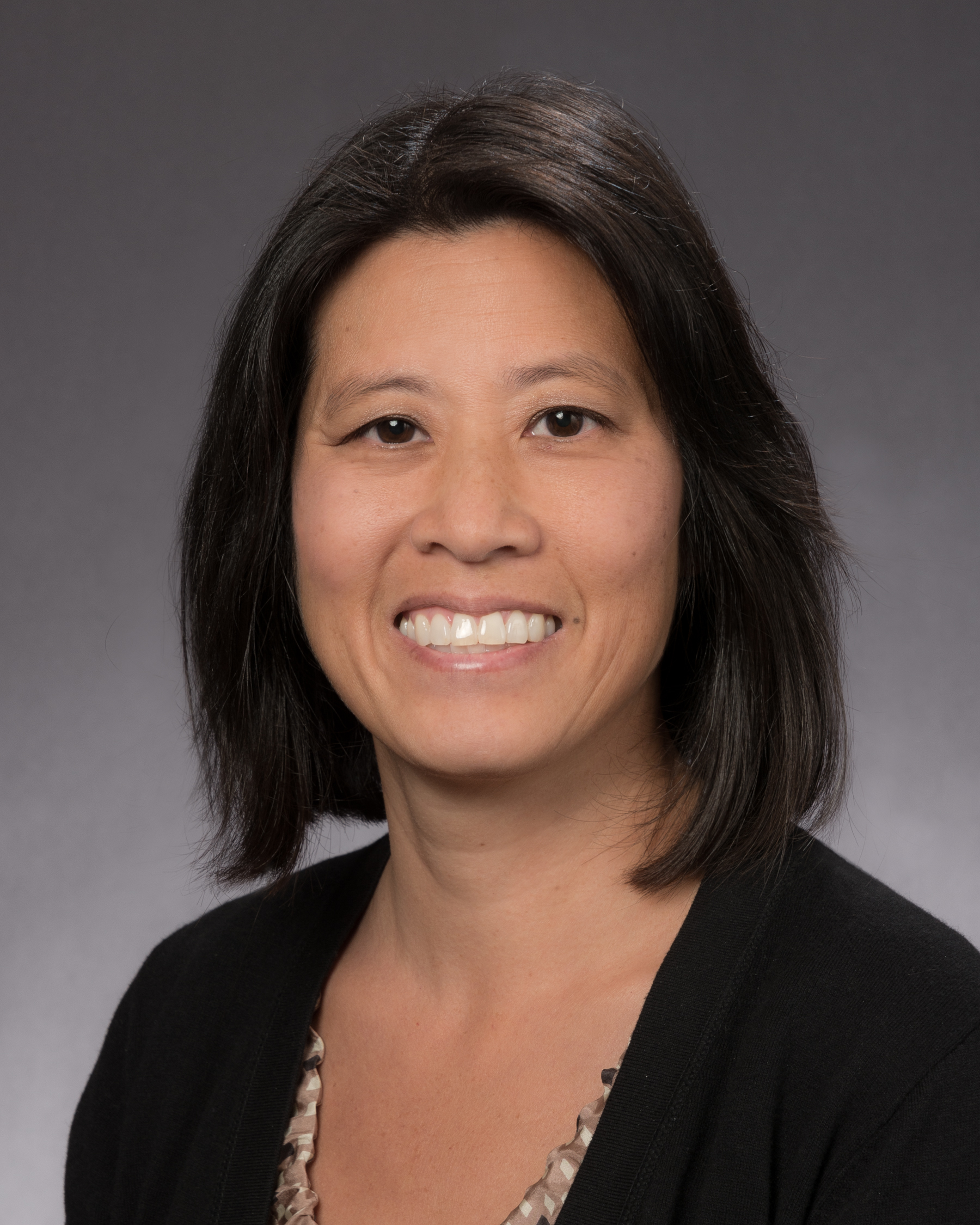
General & Bariatric Surgery
Program Director
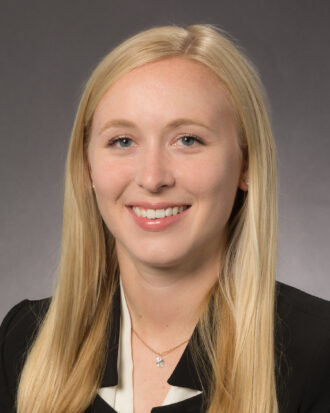
General & Bariatric Surgery
Associate Program Director
Curriculum Director
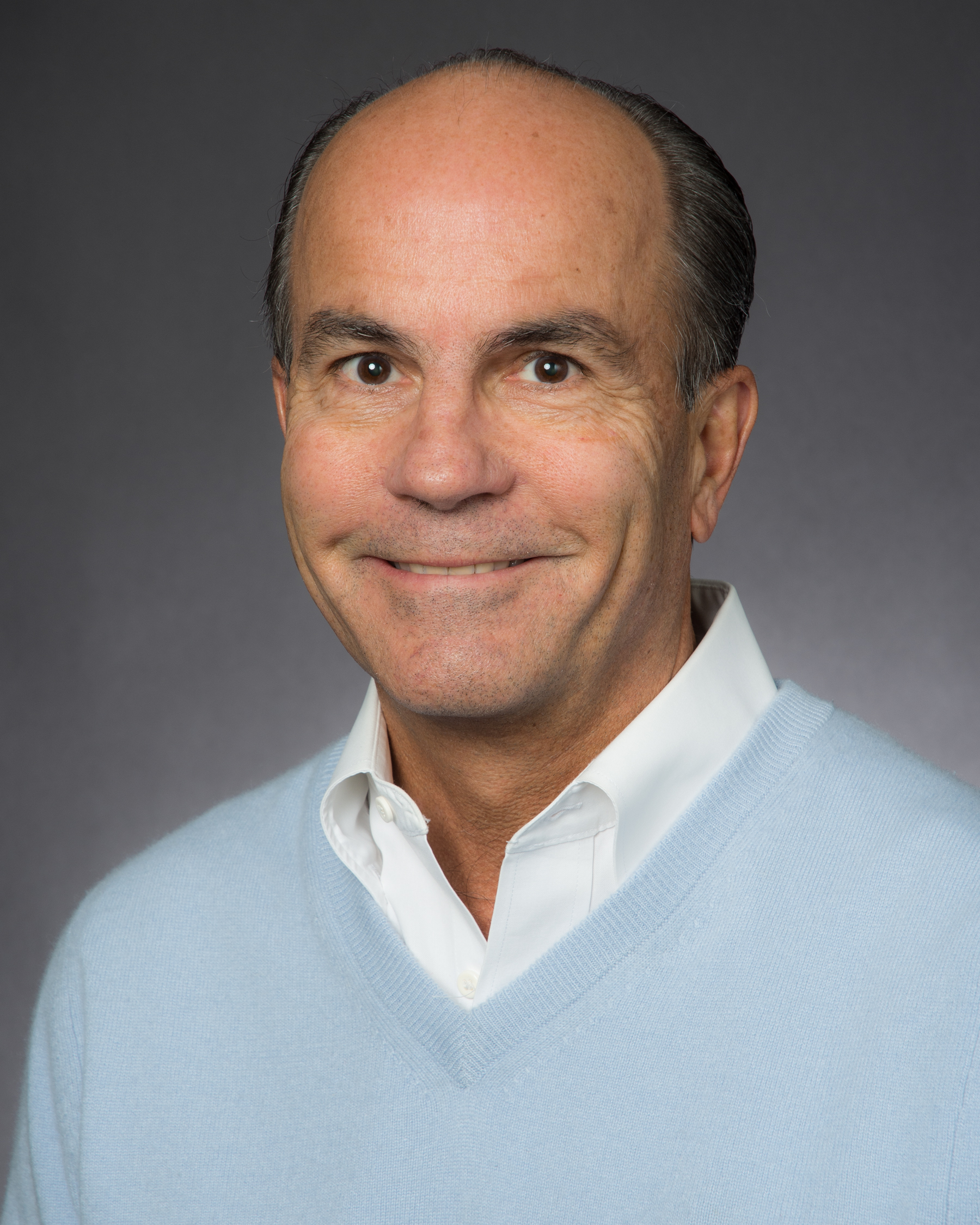
General & HPB Surgery
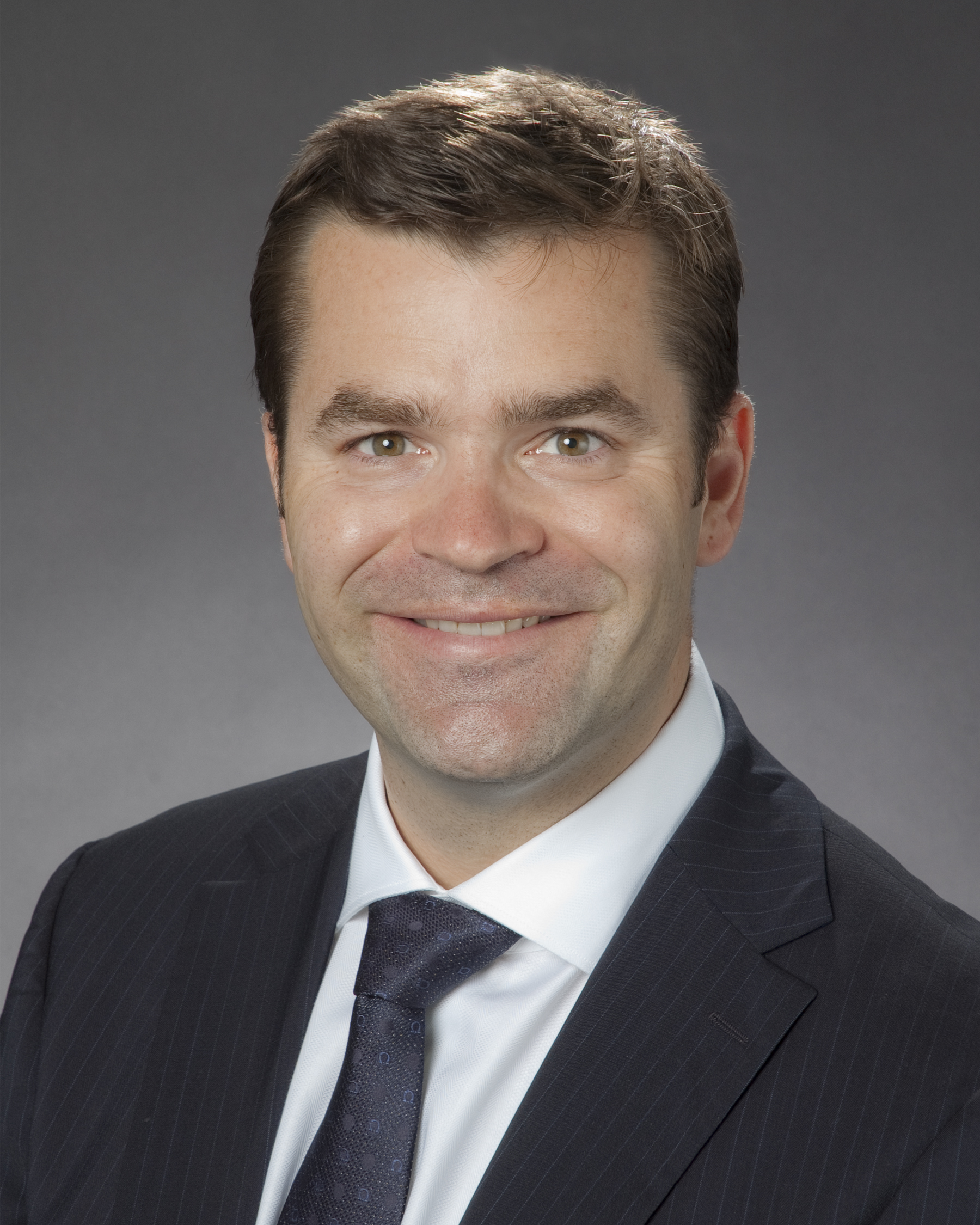
Thoracic Surgery
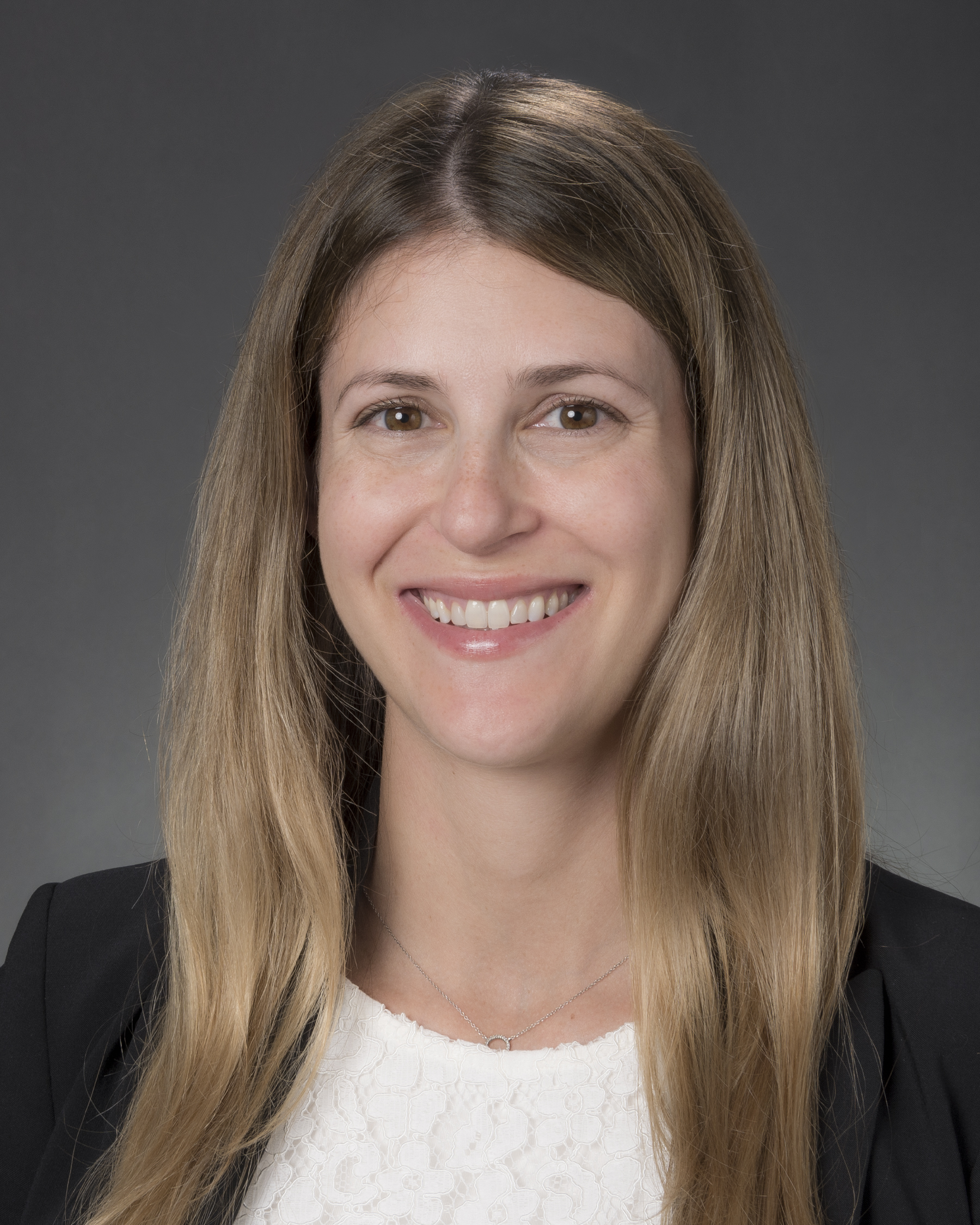
Colorectal Surgery
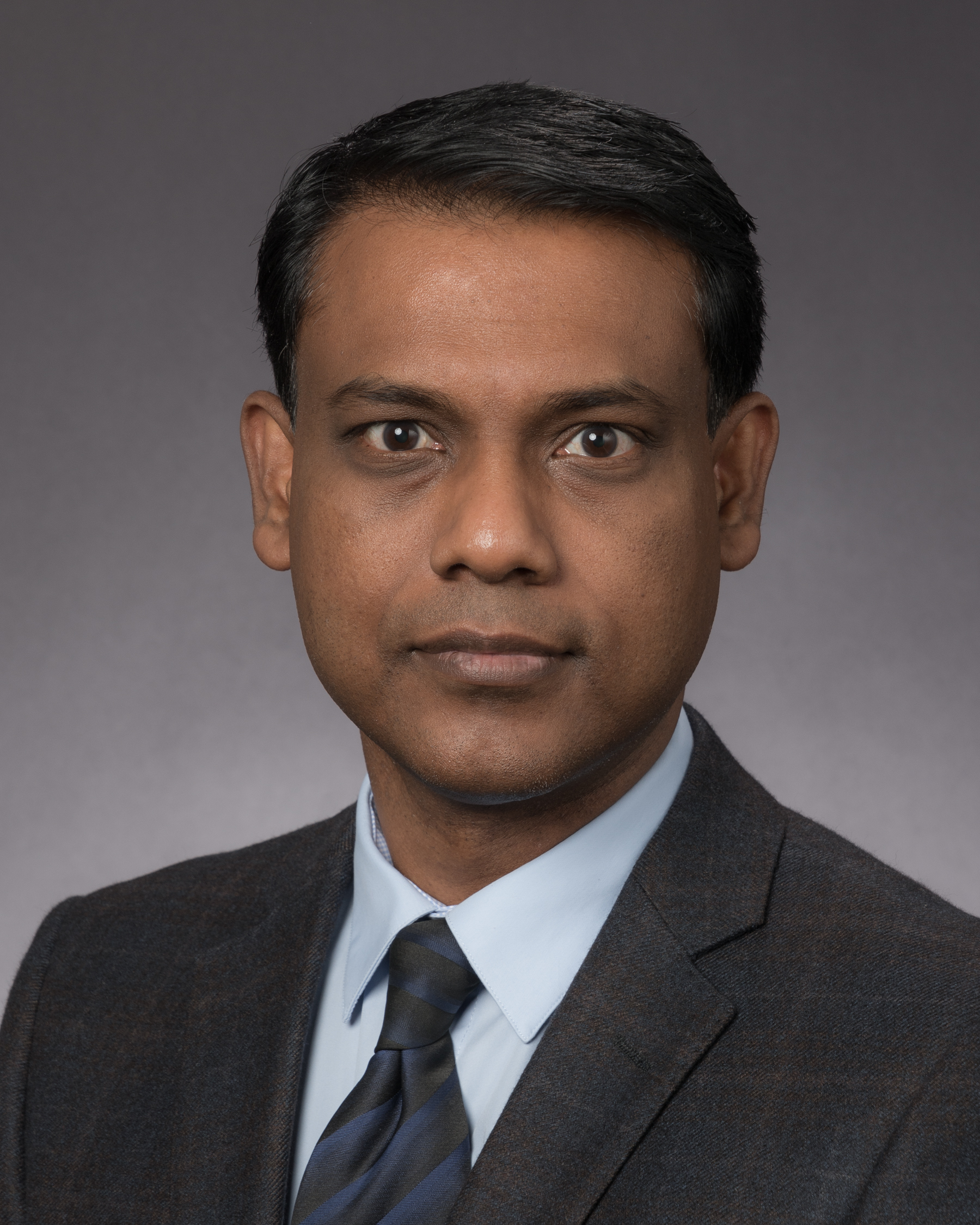
Thoracic Surgery
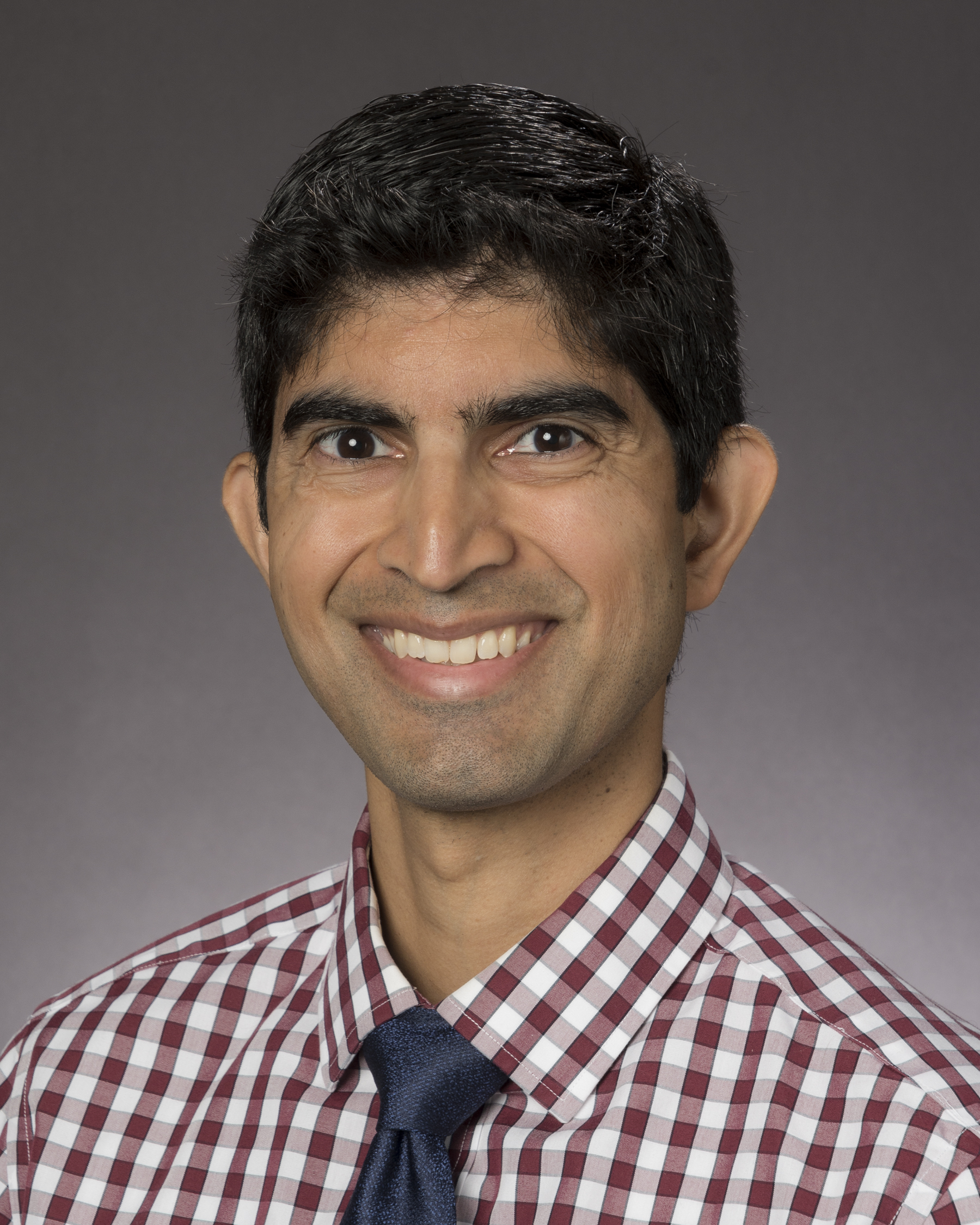
General & Bariatric Surgery
Section Chief
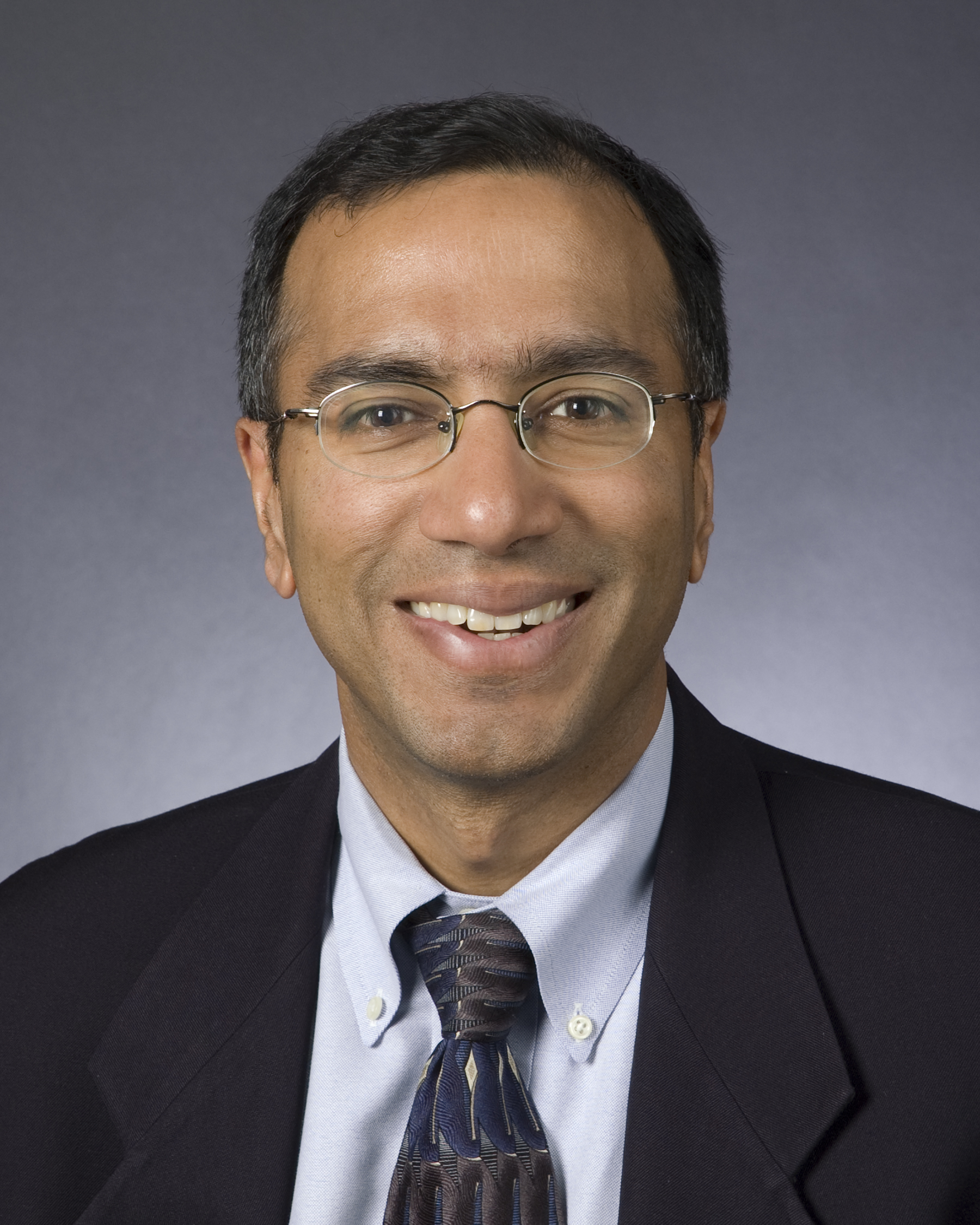
General & Colorectal Surgery
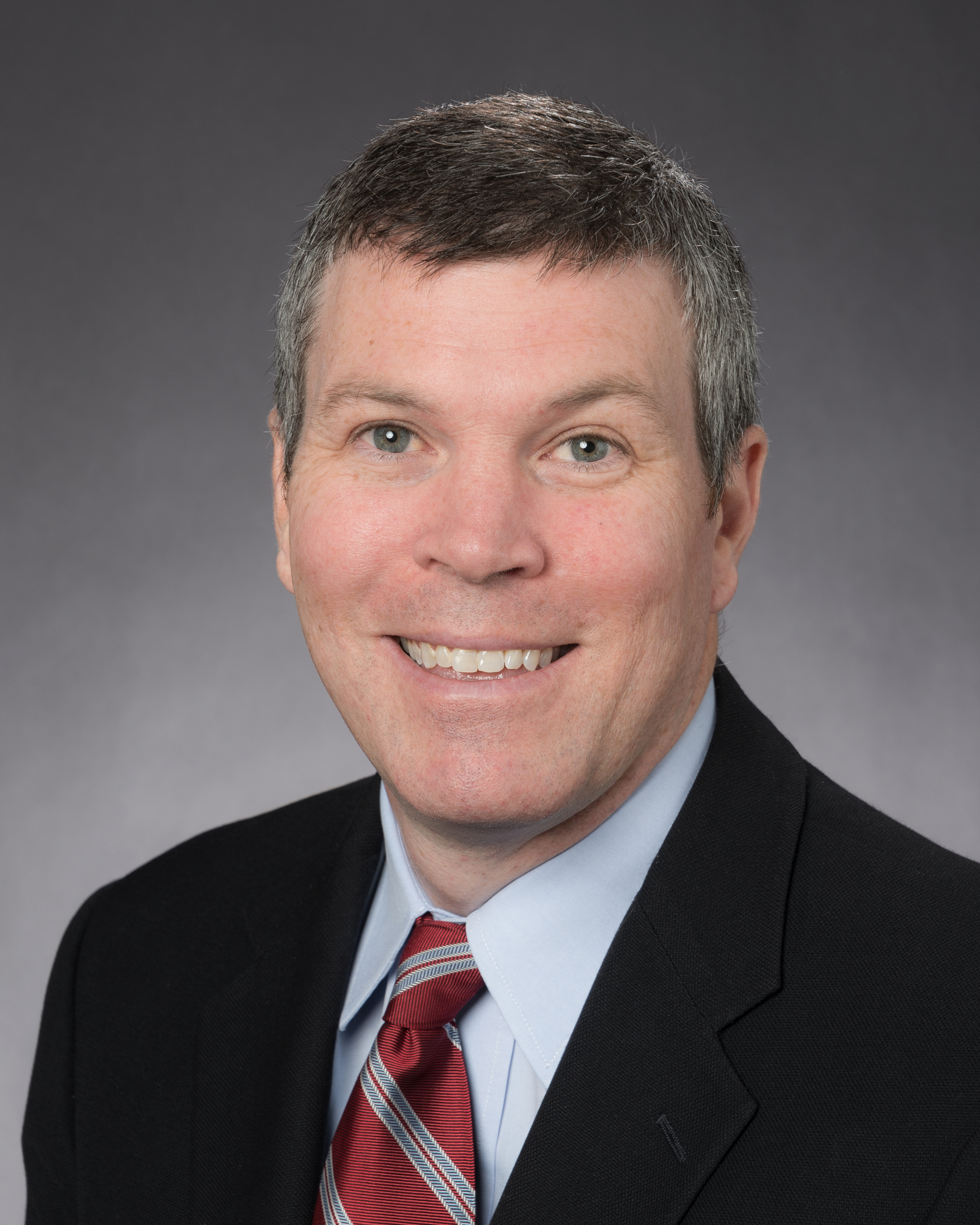
Vascular Surgery
Incoming Program Director
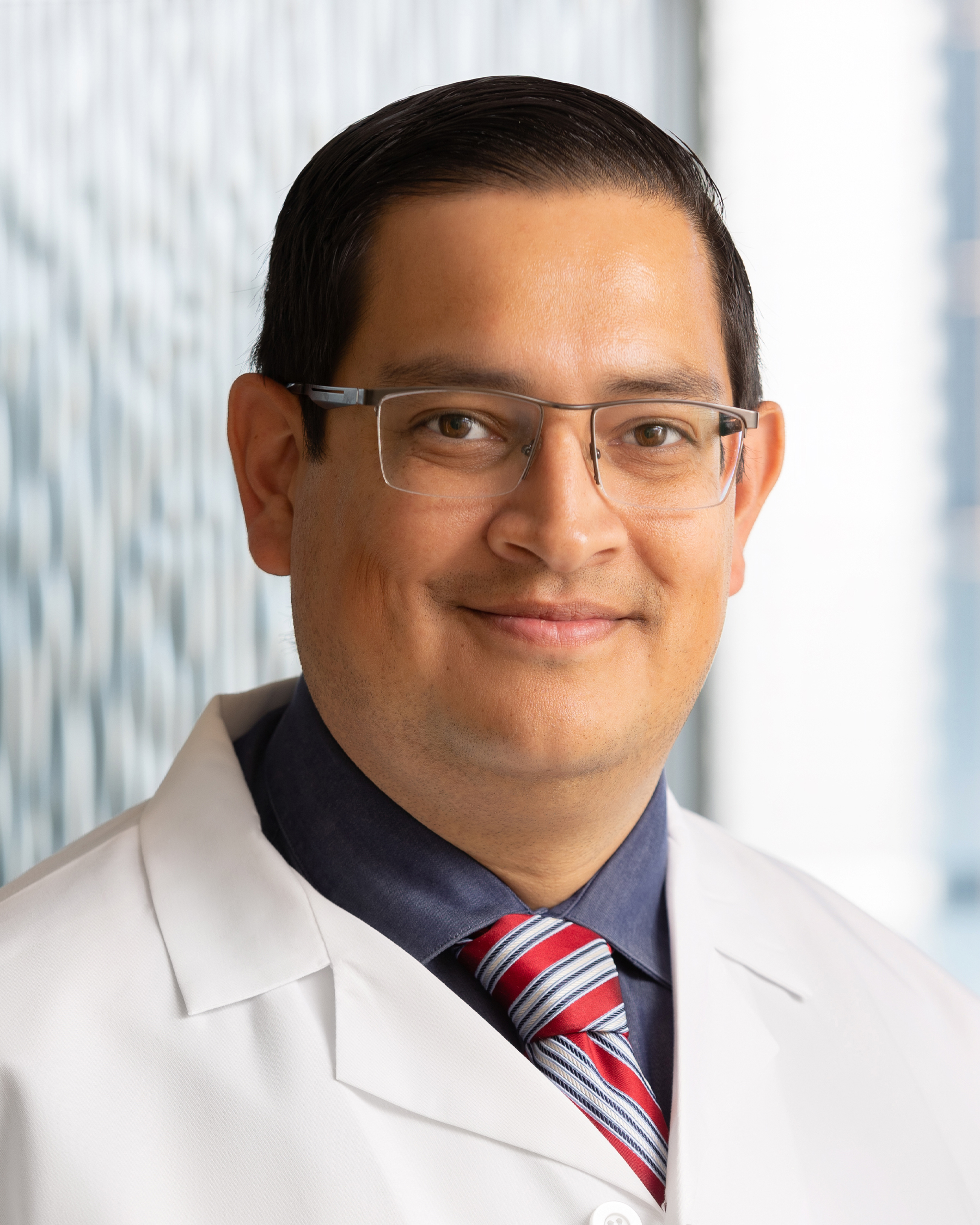
Vascular Surgery
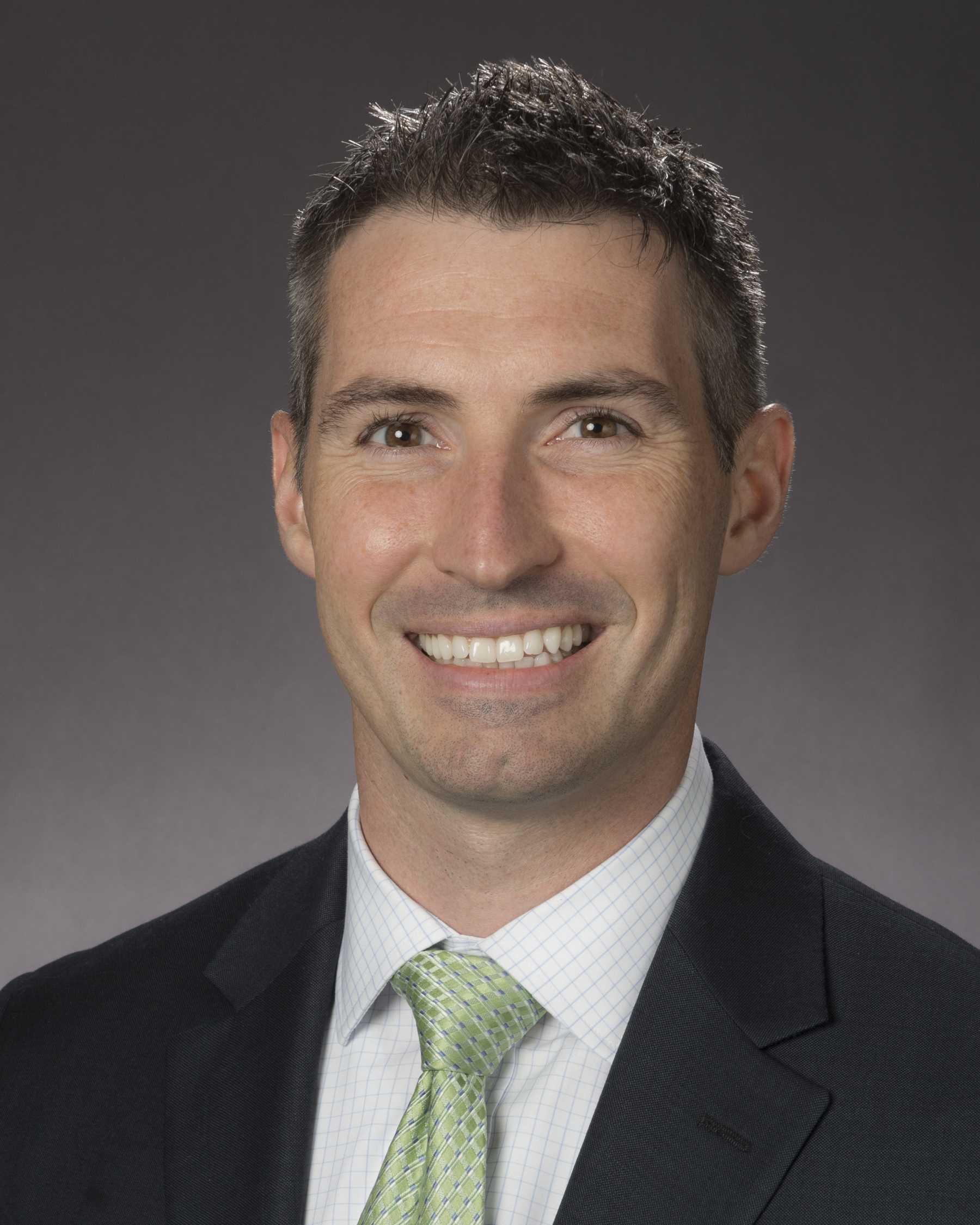
Colorectal Surgery
Robotics Curriculum Chair
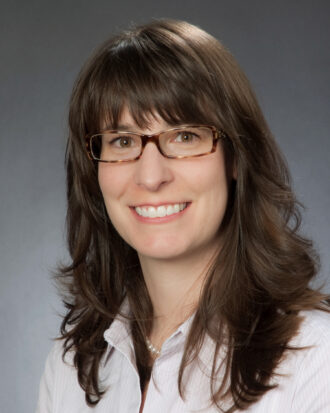
General Surgery
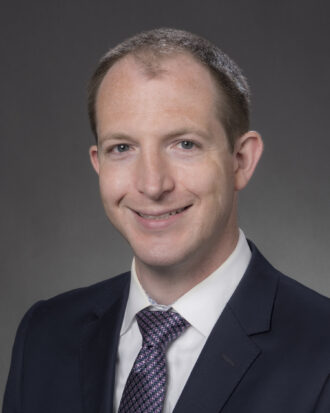
Thoracic Surgery
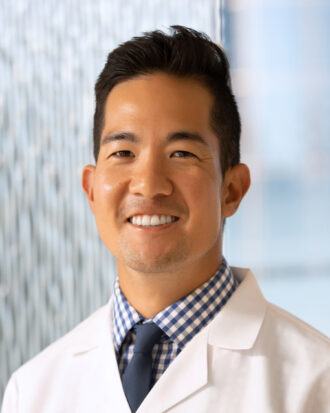
General Surgery
Skills & Simulation Director
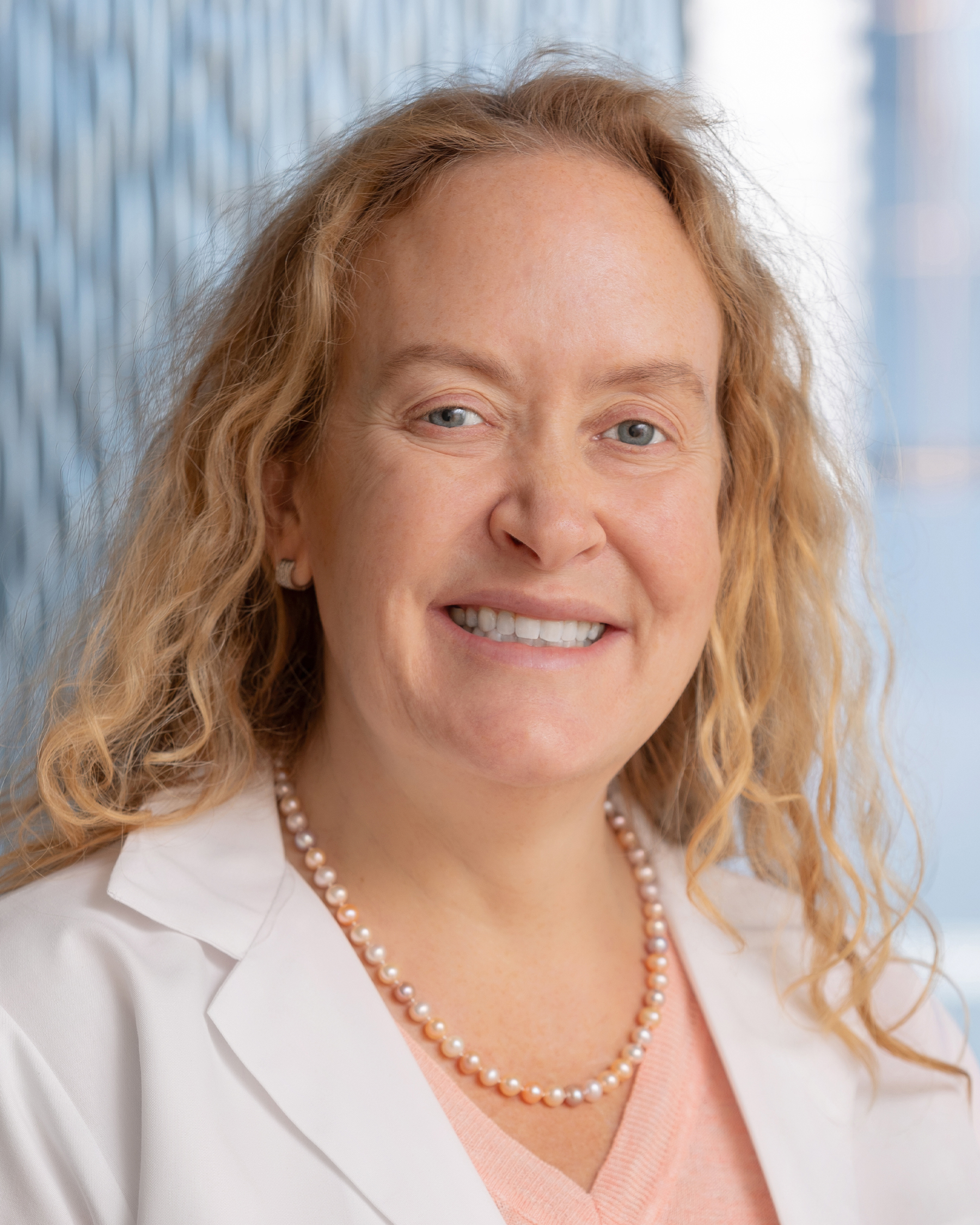
Acute Care Surgery
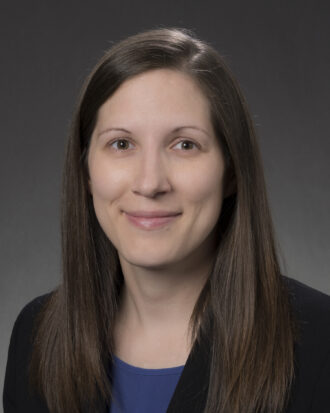
HPB Surgery
Copyright 2020 © All Rights Reserved. Design by Virginia Mason General Surgery Residents.